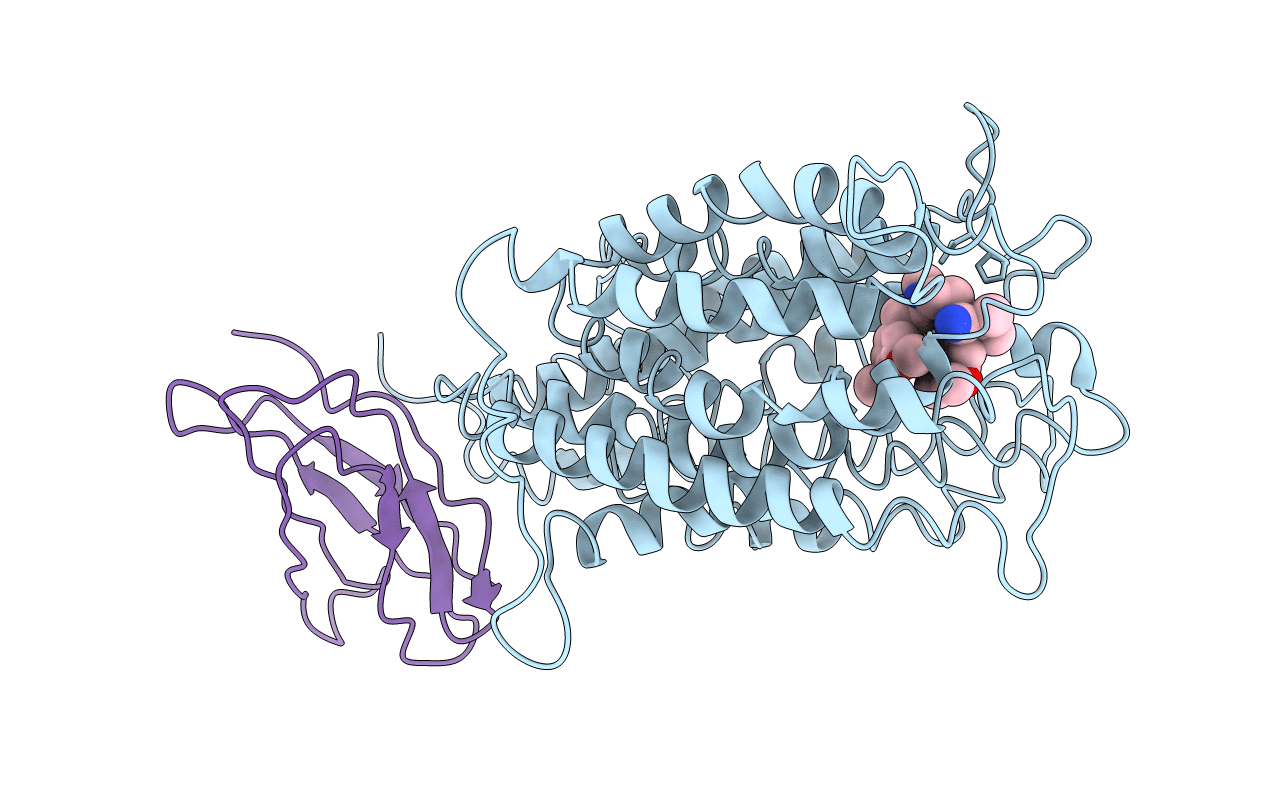
Deposition Date
2015-06-23
Release Date
2015-09-23
Last Version Date
2024-03-06
Entry Detail
Biological Source:
Source Organism(s):
Neisseria gonorrhoeae (strain ATCC 700825 / FA 1090) (Taxon ID: 242231)
Escherichia coli (Taxon ID: 562)
Escherichia coli (Taxon ID: 562)
Expression System(s):
Method Details:
Experimental Method:
Resolution:
3.00 Å
R-Value Free:
0.29
R-Value Work:
0.28
Space Group:
P 32 2 1


